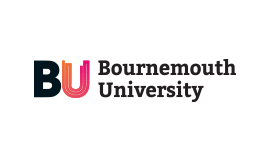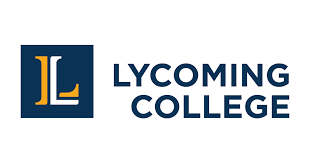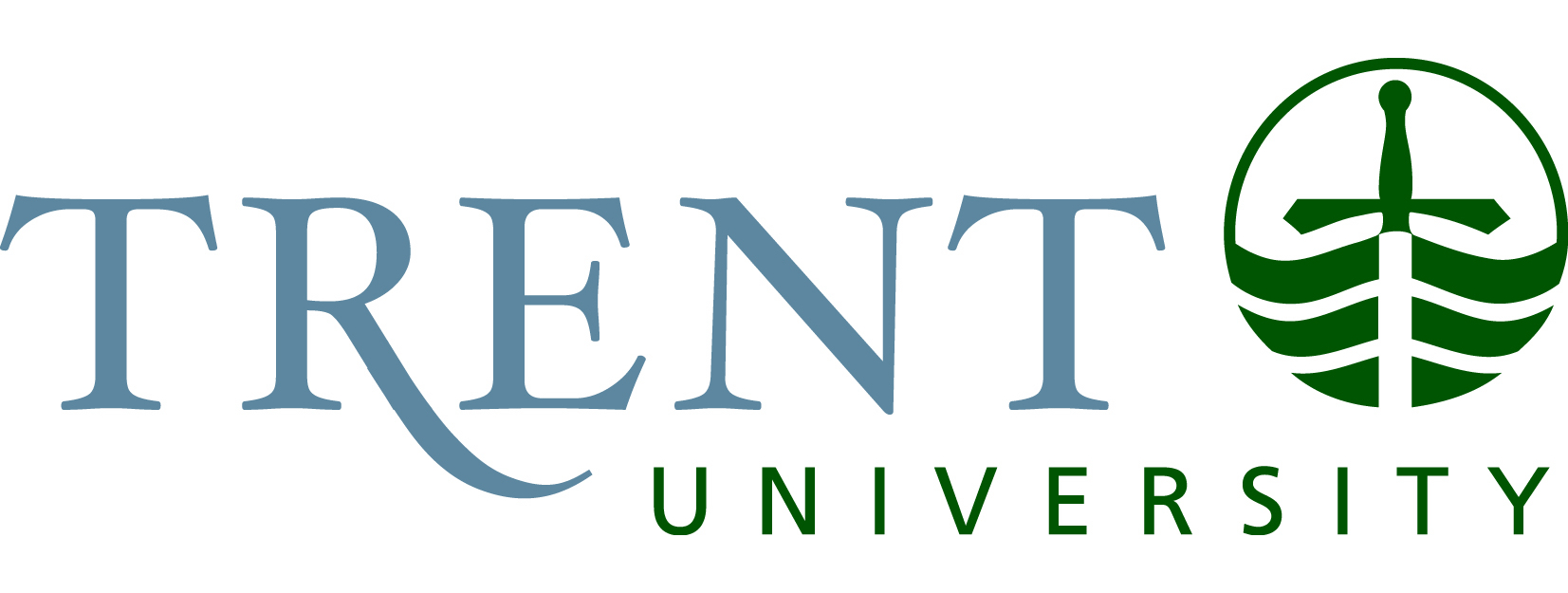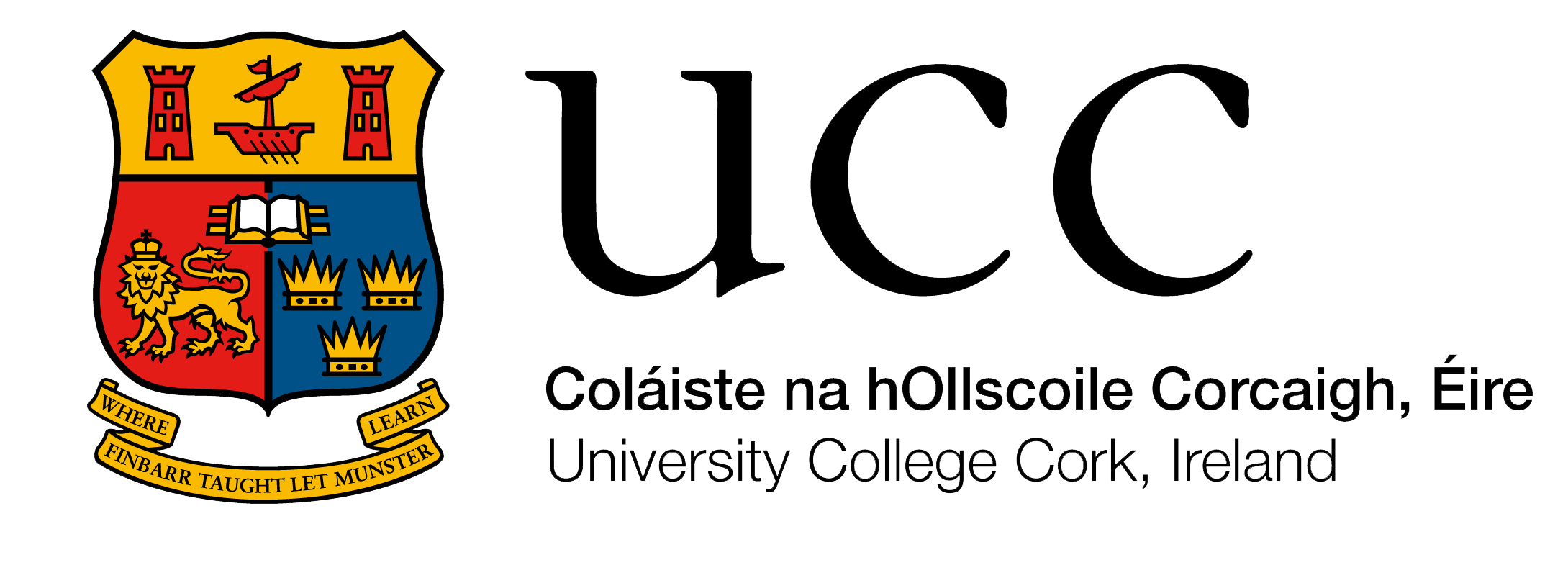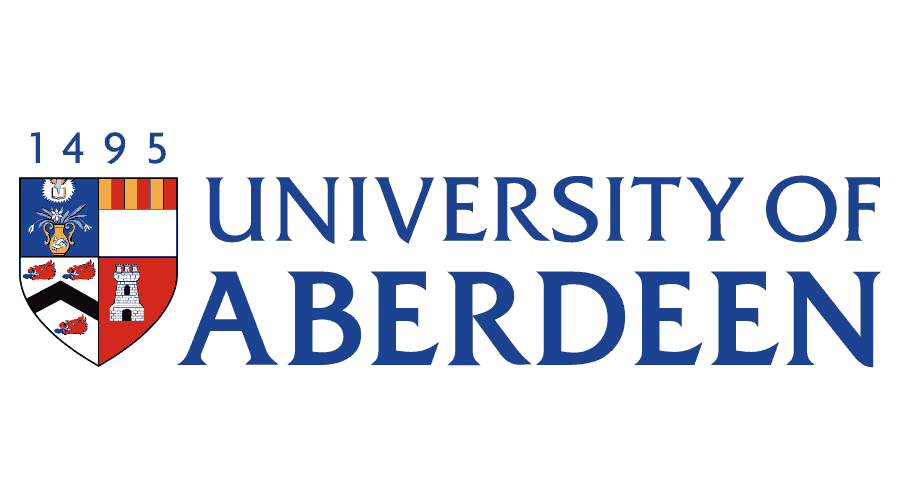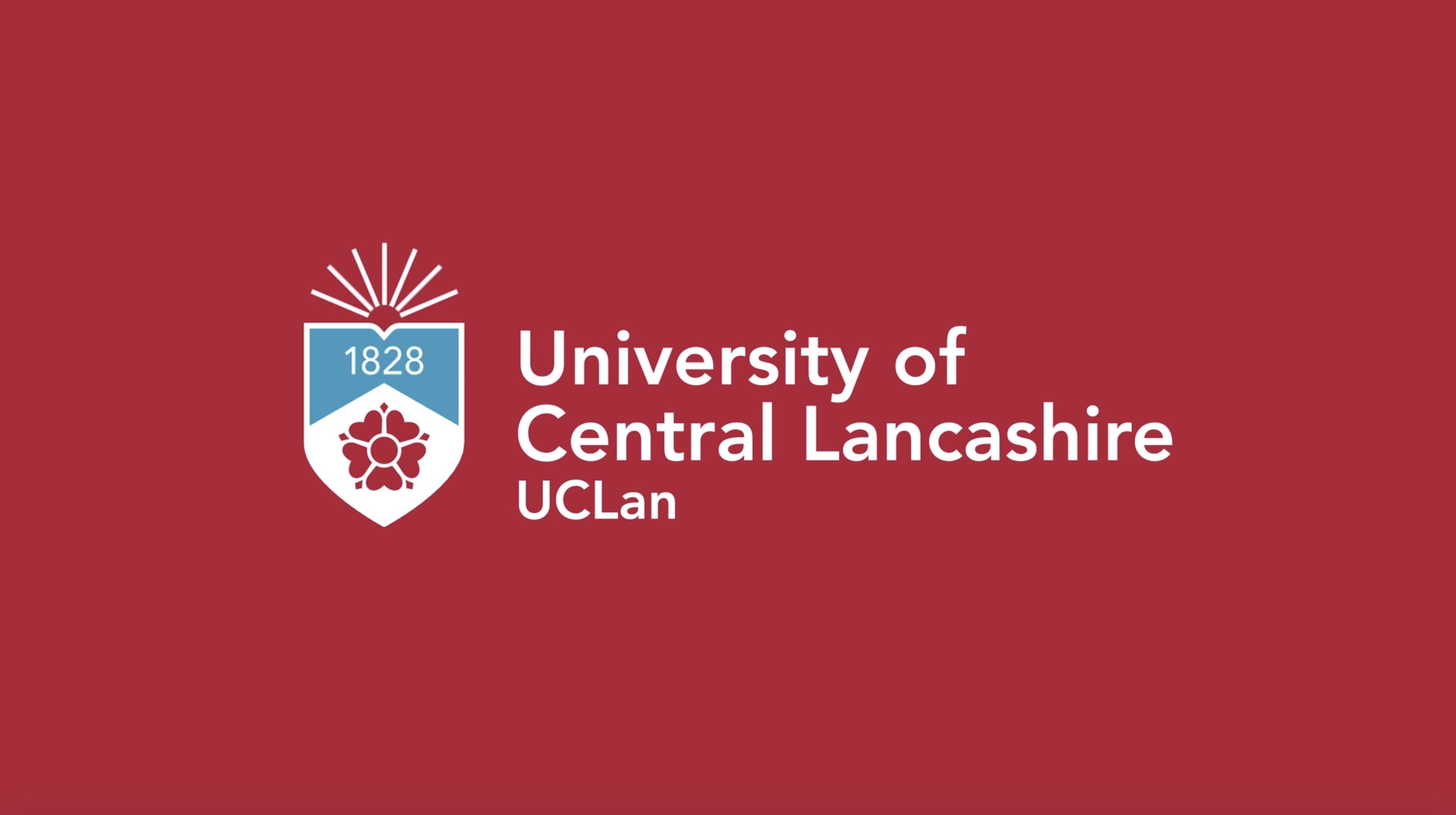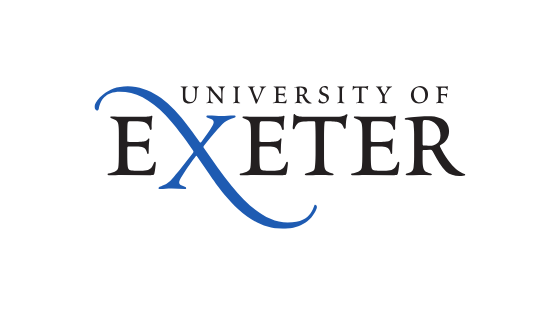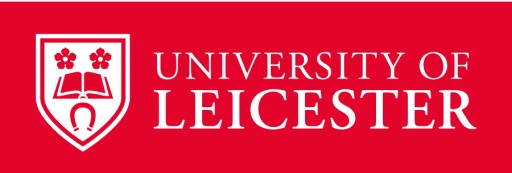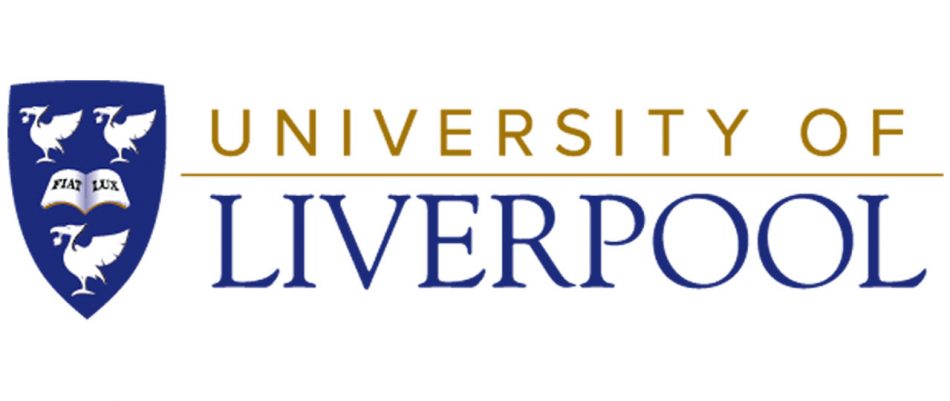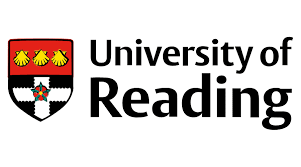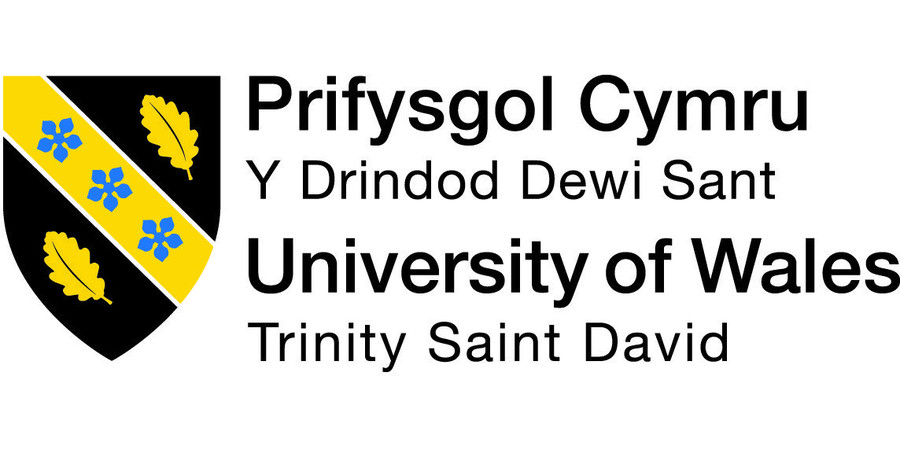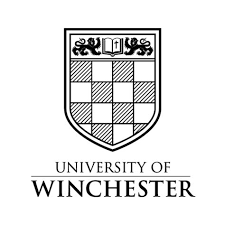Study Archaeology Abroad: Unearth the Secrets of Human History
Archaeology is a captivating field that delves into the mysteries of ancient civilizations, uncovering artifacts, structures, and stories from the past. For Indian students passionate about history and culture, studying archaeology abroad offers a unique opportunity to explore global heritage while connecting it to India's rich archaeological legacy, from the Indus Valley Civilization to ancient temples. This course page provides an overview of archaeology programs, top destinations, and essential advice to help you embark on this exciting academic journey.
What is Archaeology?
Archaeology is the scientific study of human history and prehistory through the excavation and analysis of artifacts, biofacts, and landscapes. It combines elements of anthropology, history, geology, and even chemistry to reconstruct past societies. Unlike history, which relies on written records, archaeology focuses on material remains, making it ideal for understanding cultures that left no literature behind.
Key Areas of Study in Archaeology:
- Prehistoric Archaeology: Examines early human societies before written records, such as Stone Age tools and cave paintings.
- Classical Archaeology: Focuses on ancient Greece, Rome, and Egypt, including iconic sites like the Pyramids or the Colosseum.
- Underwater Archaeology: Explores shipwrecks and submerged settlements, blending marine science with historical research.
- Bioarchaeology: Analyzes human remains to understand diet, health, and migration patterns in ancient populations.
- Ethnoarchaeology: Studies living communities to interpret archaeological evidence, bridging past and present.
For Indian students, archaeology holds special relevance. Programs abroad often include modules on South Asian archaeology, allowing you to specialize in topics like the Harappan civilization or Buddhist stupas, fostering a deeper appreciation of your own cultural roots.
Why Study Archaeology Abroad?
Studying archaeology internationally exposes you to world-renowned sites, advanced technologies like GIS mapping and 3D scanning, and diverse perspectives not always available in India. Universities abroad offer hands-on fieldwork, museum internships, and collaborations with international teams, enhancing your skills and employability.
Benefits for Indian Students:
- Global Exposure: Access to sites like Machu Picchu in Peru or Stonehenge in the UK, broadening your understanding beyond Indian contexts.
- Scholarships and Funding: Many programs offer aid through schemes like the Fulbright-Nehru for U.S. studies or Erasmus Mundus for Europe, reducing costs for deserving Indian applicants.
- Career Boost: An international degree opens doors to roles in UNESCO, museums, or heritage conservation in India and abroad.
- Cultural Exchange: Engage with peers from around the world, sharing insights on India's archaeological treasures like the Taj Mahal or Ajanta Caves.
- Research Opportunities: Contribute to ongoing digs, such as those in the Mediterranean or Africa, and apply findings to Indian heritage preservation.
Moreover, studying abroad hones critical skills like analytical thinking, project management, and cross-cultural communication—valuable in today's global job market.
Top Destinations for Archaeology Studies
Choosing the right country depends on your interests, budget, and career goals. Europe and North America dominate due to their historical depth and research facilities, but options in Australia and the Middle East are emerging.
| Country | Why Choose It? | Average Tuition (per year, USD) | Visa Ease for Indians |
|---|---|---|---|
| United Kingdom | Rich in Celtic and Roman history; sites like Hadrian's Wall; strong ties to Indian colonial archaeology. | 15,000 - 25,000 | Moderate; Tier 4 visa requires CAS from university. |
| United States | Diverse programs from Native American to Mesoamerican studies; advanced labs and fieldwork in the Southwest. | 20,000 - 40,000 | Challenging; F-1 visa with I-20 form needed. |
| Australia | Focus on Indigenous Australian archaeology; opportunities to study Asian-Pacific connections relevant to India. | 18,000 - 30,000 | Relatively easy; Subclass 500 student visa. |
| Italy | Epicenter of Roman and Etruscan archaeology; fieldwork in Pompeii; affordable public universities. | 1,000 - 5,000 (EU fees; higher for internationals) | Moderate; Type D visa for studies over 90 days. |
| Greece | Birthplace of Western civilization; digs at Athens Acropolis; scholarships for heritage studies. | 2,000 - 8,000 | Easy for short programs; long-term via national visa. |
These destinations provide a mix of theoretical coursework and practical excavations, often with summer field schools included in the curriculum.
Popular Universities and Programs
Selecting a university with accredited programs and faculty expertise is crucial. Look for those affiliated with the Society for American Archaeology or equivalent bodies.
- University of Oxford, UK: Offers the MSc in Archaeology, emphasizing theoretical approaches and optional modules on South Asian prehistory. Duration: 1 year. Entry: Bachelor's in related field with 60%+ marks.
- Harvard University, USA: The PhD in Archaeology integrates anthropology and history, with fieldwork in Egypt or the Americas. Strong funding for international students via assistantships.
- University of Sydney, Australia: Bachelor/Master of Archaeology with a focus on cultural heritage management. Includes units on Indian Ocean trade routes, linking to ancient Indian ports like Lothal.
- University of Rome La Sapienza, Italy: MA in Classical Archaeology, featuring excavations in Ostia Antica. Affordable and English-taught options available.
- University of Athens, Greece: Programs in Aegean Archaeology, perfect for Minoan studies. Collaborations with Indian institutes for joint research on ancient trade.
Most programs require a bachelor's degree in archaeology, history, or anthropology (minimum 50-60% for Indians). GRE/IELTS/TOEFL scores are common, with IELTS 6.5+ preferred.
Curriculum and Skills Gained
A typical archaeology degree spans 3-4 years for bachelor's or 1-2 years for master's, blending classroom learning with lab work and digs.
Core Subjects:
- Archaeological Theory and Methods
- Artifact Analysis and Conservation
- Field Survey and Excavation Techniques
- Environmental Archaeology (e.g., paleoclimatology)
- Cultural Resource Management
Skills you'll acquire include:
- Excavation and Documentation: Using tools like trowels, GPS, and drones for precise site mapping.
- Data Analysis: Interpreting findings with software like ArcGIS or statistical tools.
- Report Writing and Presentation: Communicating discoveries to academic and public audiences.
- Ethical Practices: Navigating issues like repatriation of artifacts, especially relevant for Indian students dealing with colonial-era collections.
Many programs incorporate digital humanities, teaching you to create virtual reconstructions of sites like Mohenjo-Daro.
Career Opportunities After Studying Archaeology
Archaeology graduates are in demand for roles that preserve and interpret history. In India, you can contribute to the Archaeological Survey of India (ASI) or state heritage departments.
Job Roles and Salaries (Global Average, USD):
| Role | Description | Starting Salary | Top Employers |
|---|---|---|---|
| Archaeologist | Lead excavations and research projects. | 40,000 - 60,000 | UNESCO, ASI, National Geographic |
| Museum Curator | Manage collections and exhibits. | 35,000 - 55,000 | British Museum, Indian Museum Kolkata |
| Heritage Consultant | Advise on conservation for development projects. | 45,000 - 65,000 | Private firms, World Bank |
| Academic Researcher | Teach and publish findings. | 50,000 - 70,000 | Universities like JNU or abroad |
| Cultural Resource Manager | Protect sites from urban expansion. | 38,000 - 58,000 | Government agencies, NGOs |
In India, salaries start lower (INR 4-8 lakhs/year) but grow with experience. International degrees often lead to higher-paying roles in global organizations.
Tips for Indian Students Applying to Archaeology Programs
Navigating study abroad can be daunting, but preparation is key.
- Research Early: Start 12-18 months in advance. Use platforms like QS Rankings or Studyportals for program details.
- Prepare Documents: Strong SOP highlighting your interest in Indian archaeology; letters of recommendation from professors.
- Finances: Budget for tuition, living costs (USD 10,000-20,000/year), and travel. Apply for Indian government scholarships like ICCR or Inlaks.
- Visa Process: Gather proof of funds, acceptance letter, and health insurance. Attend pre-departure orientations.
- Cultural Adjustment: Join Indian student societies abroad for support. Embrace fieldwork challenges like weather or physical labor.
- Networking: Attend virtual webinars by universities; connect with alumni on LinkedIn for insights.
Pro Tip: If you're from a non-English background, practice academic English through courses on Coursera. Also, consider joint programs with Indian universities like Deccan College for seamless credit transfer.
Conclusion: Your Path to Becoming an Archaeological Explorer
Studying archaeology abroad is more than an education—it's a gateway to preserving humanity's shared past. For Indian students, it means bridging ancient legacies from the Ganges Valley to the Nile, equipping you to safeguard India's heritage in a global context. With dedication, you can turn your passion into a fulfilling career. Explore programs today and start your adventure!


